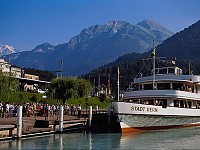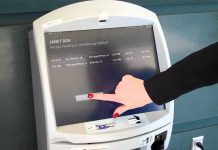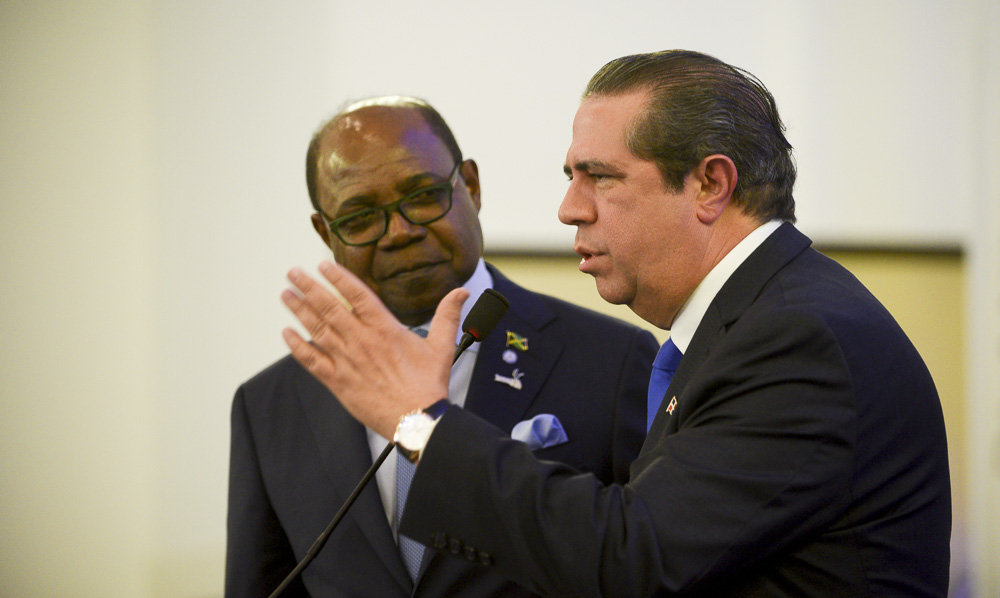
The tourism industry in Switzerland has had a successful year. The amount of overnight stays increased in 2014, especially thanks to the cities. However the mountainous regions stagnated. Thanks to the strong Swiss Franc, Schweiz Tourismus (Swiss Tourism) has requested that the parliament provide 30 million supplementary resources in the following four years.
After the currency-induced sharp decline in 2012, the Swiss tourism industry recovered in the past year. The number of overnight stays rose by 0.9% in 2013 up to a total of 35.9 million.
“A solid result”, said Daniela Bär of Swiss Tourism at a collective media conference of Schweiz Tourismus, Schweizer Tourismus-Verband (STV), hotelleriesuisse, and the Federal Statistical Office (FSO). However the prospects are bleak. “The appreciation of the Swiss Franc has massive implications”, said the director of Schweiz Tourismus, Jürg Schmid. Just like with the last appreciation of the Franc, it is expected that especially alpine and country tourism will suffer.
Schweiz Tourismus is estimating a decline of up to 10% for this type of tourism in the case that the euro exchange rate should stay at 1.05 Francs. Disadvantageous for hotels and mountain railways in Grisons, Valais, and the Bernese Oberland is the fact that they do not profit from the more stable business tourism, says Schmid. The overnight stays in the cities are booked by business people in two thirds of the cases.
But according to Schmid, the touristic mountain regions are much more dependent on European guests who are more sensitive to costs than are, for example, tourists from Asia. Schweiz Tourismus predicts that the number of overnight stays will decline by 17% in the next two years in these markets for the mountainous regions. “This will shape the sector”, said Schmid.
A significant part of the holiday hotel industry in the mountains is threatened in the long and medium term with corresponding consequences for the retail business and the mountain railways. In addition, it is also feared that even businesses that have been managed in an exemplary way could be at risk.
In order to absorb the shock of this forced restructuring, Schweiz Tourismus has recommended reparatory measures on three levels. Firstly, the tourism businesses must put all effort into lowering costs. One possibility for this could be hotels joining forces for purchasing and marketing cooperation.
But even politics need to contribute. Improvements of the general framework are demanded. In addition, the Schweizer Tourismus-Verband (STV) wishes for measures against the Swiss island of high prices and that the special value of the tourism VAT of 3.8% is fixed by law, as well as a “soft” implementation of the immigration initiative.
As such, more of the Federal Treasury’s money should go to tourism. The marketing organisation Schweiz Tourismus is intended to receive more resources. The STV is demanding 270 million Francs instead of the offered 220.5 million Francs from 2016 to 2019.
Schmid’s third measure showed how Schweizer Tourismus should meet the changed framework in the short run. An advertising campaign costing 3.9 million Francs is supposed to influence the home market. The Swiss need to be infected with the desire to explore their own country, said Schmid.
Schweiz Tourismus also wants to increase advertising in the less price-sensitive markets in Europe. This especially includes the Nordic countries. But wealthy tourists in the Baltic States, in the Balkans and in Turkey will also be targeted.











